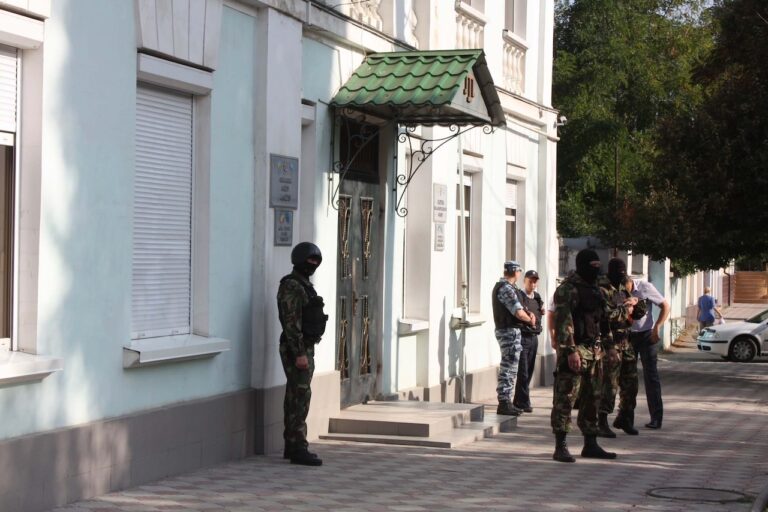According to the state media regulator's statement, media organizations must use "information and data obtained exclusively from federal and regional executive bodies when preparing and publishing materials related to mobilization activities in the Russian Federation."
This statement was originally published on cpj.org on 21 September 2022.
In response to Wednesday’s announcement by Russian state media regulator Roskomnadzor that media outlets could be fined or blocked for spreading “false information” on President Vladimir Putin’s partial mobilization of military reservists, the Committee to Protect Journalists issued the following statement:
“Access to reliable and transparent information at this critical time is crucial, and the media must be free to inform the public on military call-ups and other issues that directly affect them”, said Carlos Martínez de la Serna, CPJ’s Program Director, in New York. “Roskomnadzor must stop acting as the Kremlin’s censor and punishing news outlets that do not follow the government narrative about the war in Ukraine.”
According to the Roskomnadzor statement, media organizations must use “information and data obtained exclusively from federal and regional executive bodies when preparing and publishing materials related to mobilization activities in the Russian Federation.”
Outlets that fail to comply could be blocked and fined up to 5 million rubles (US$81,715), according to the Russian administrative code and the Russian law on information.
At the beginning of Russia’s full-scale invasion of Ukraine on February 24, Roskomnadzor stated that media could only use information provided by official Russian sources about what the government insists be called a “special operation” rather than a war. Dozens of media outlets were blocked in the country for non-compliance with the rule, according to news reports.
CPJ emailed Roskomnadzor’s press service but did not receive any response.



